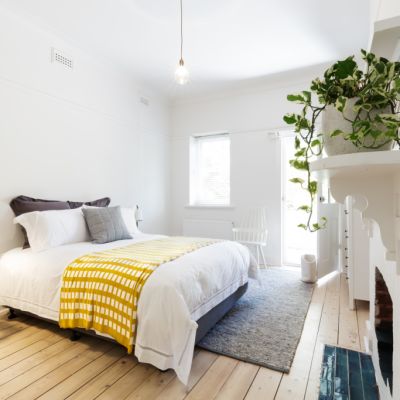'Changed how I view life': An Australian living in the chaos of Mumbai
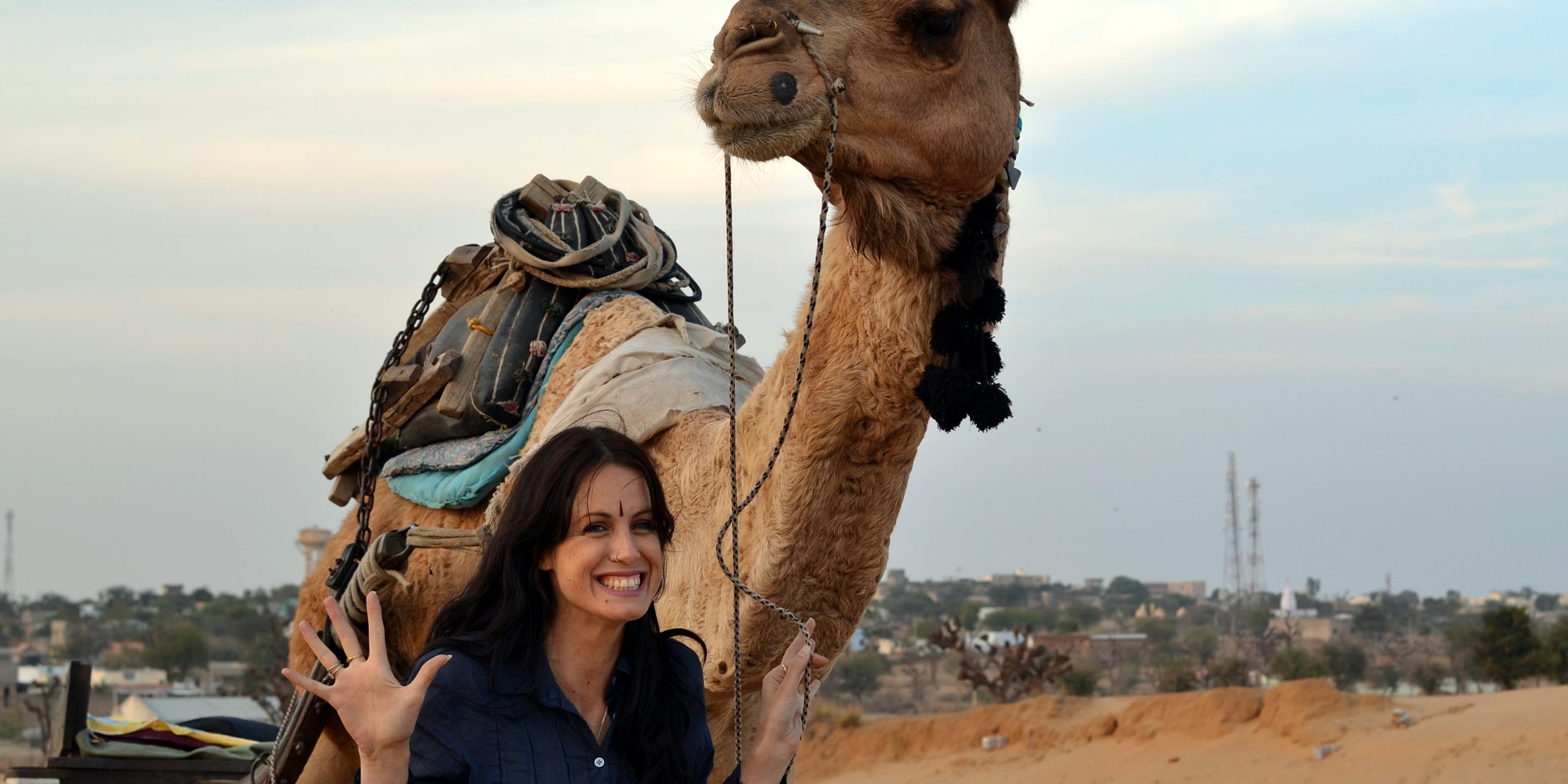
Sharell Cook never planned to settle in Mumbai.
Some 13 years ago, she had what she now dubs a “major upheaval” in her personal life, leading her to take long-service leave from a cushy government accounting job in Melbourne. She picked up her things, and headed to Kolkata in India to do some community work.
That was 2005. Today, Cook lives and works in Mumbai after meeting an Indian man, falling in love and marrying. She has also carved a career for herself as a travel writer, and found some semblance of home among the chaos of India.
“I’d been to India previously, but not to Kolkata. It was there that I ended up falling in love with an Indian guy, and a couple of years later we decided to get married. He was born in Mumbai and his family were there, so we ended up settling in Mumbai.
“In hindsight, it worked out for the best. I’ve come to appreciate the fact that Mumbai is the most cosmopolitan city in India, and also feels safe for women. I can go out in the night by myself without any problems, which isn’t the case in many other places in India.”
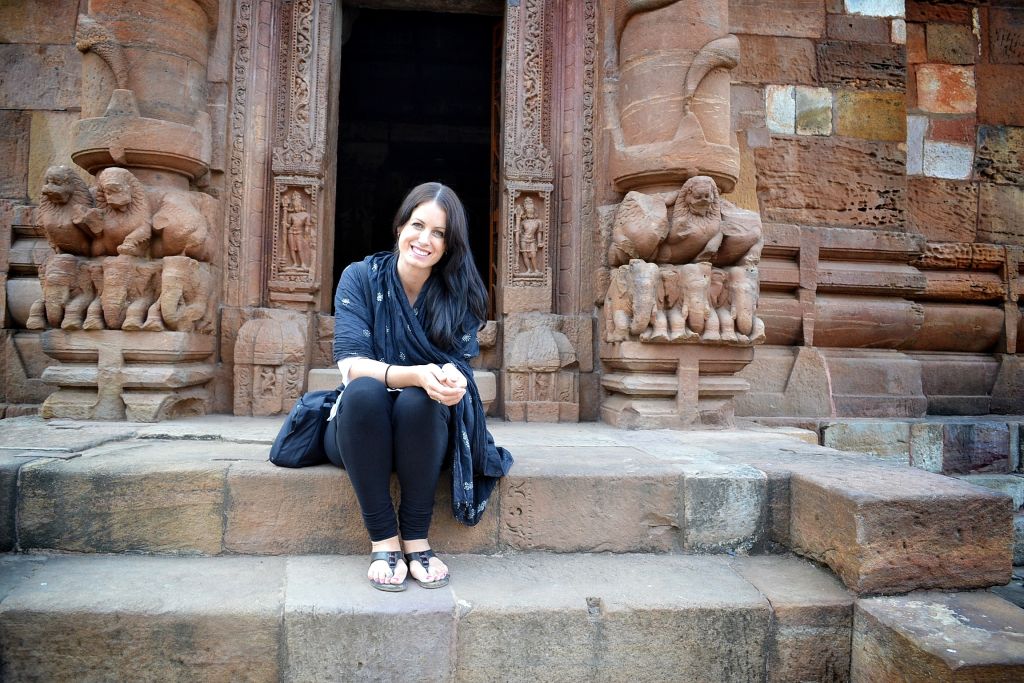
How does a young Australian woman acclimatise in India, and find comfort in its pace? Cook says the first year of living in Mumbai was “very challenging”, though admits it has become much easier with years gone by. She also espouses the power of a place to change the fundamentals of who you are.
“Admittedly, before India, I used to be a major control freak. The chaos has forced me to be less rigid and reactive, and to go with the flow more. However, on the other hand, it’s made me more assertive about standing up for myself,” she says.
“Living amid chaos has also changed how I view life. With chaos there is possibility. I’ve realised that amazing and unexpected order can come from the chaos, if I trust that everything will fall in place and allow it to happen. Having adapted to the chaos, one of the drawbacks when I visit Australia is that I don’t like all the rules and regulations though.”
What’s interesting, she notes, is watching how living arrangements or environments can change the people within them.
“What I’ve observed is that people have to be open to change.
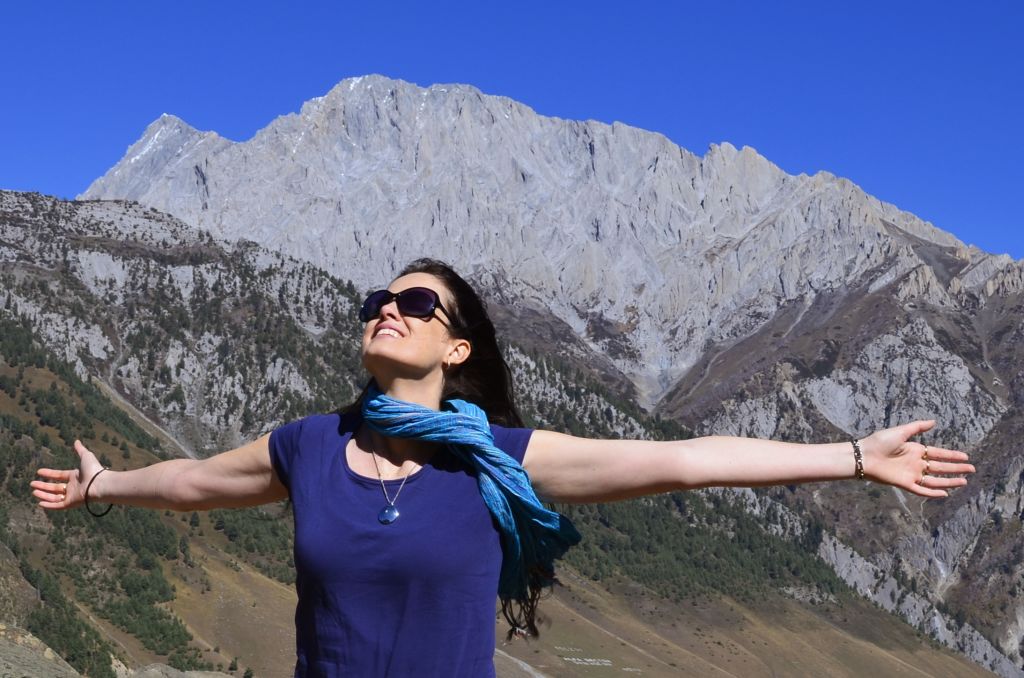
“I was open to reinventing myself. Initially, I tried too hard to be Indian and fit in. However, when realised I was always going to be regarded as a foreigner, I eased off and found some middle ground. Nevertheless, I think in general that changes in living arrangements and environments aid people to be broadminded. There would be a lot less hate and misunderstanding in the world if more people experienced living in different places and cultures.”
More than that, living in a place with starkly different traditions and expectations than the one you grew up in certainly comes with its own set of adjustments, Cook acknowledges. After all, her physical environment is different from the one she grew used to in Australia.
“Living in a small apartment in a crowded, noisy city has been a big adjustment. I miss the fresh air, open spaces and peace in Australia the most. Communicating in another language, dressing conservatively, eating Indian food every day, relying on transport instead of driving, accepting the widespread disregard for time, and getting used to being stared at and lack of privacy are other adjustments.
“I’ve greatly had to adjust my expectations of people because it’s normal to be late in India and plans often don’t happen at all,” she says.
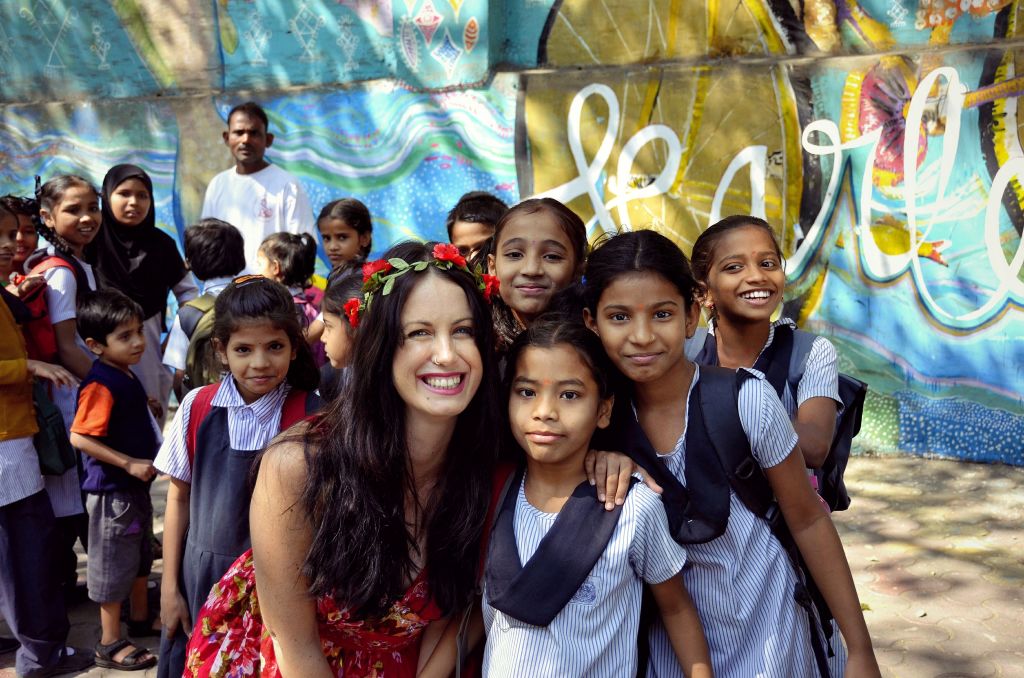
But despite that, Cook says there’s something deeply hopeful about living in a country as bustling as India, noting the “sense of possibility” that permeates Mumbai.
“There’s a feeling that anything can happen and it’s inspiring. It’s impossible to be bored in India because there’s always something new to discover and learn.
“There are many things that make living in India easier too, such as the accessibility of medical treatment, inexpensive home help, and availability of services. Things (such as shoes) can be readily repaired on the roadside at little cost, tradesmen are cheap, groceries (and wine!) are delivered for free. These days, innovative new startups are revolutionising how India functions too.”
For now, Mumbai feels as much like home as Australia does.
“To me, home is a place where I feel comfortable. I’ve realised it’s possible to have more than one home. I’m accustomed to the way of life in India now, so it feels just as much home to me as Australia.”
We recommend
States
Capital Cities
Capital Cities - Rentals
Popular Areas
Allhomes
More
